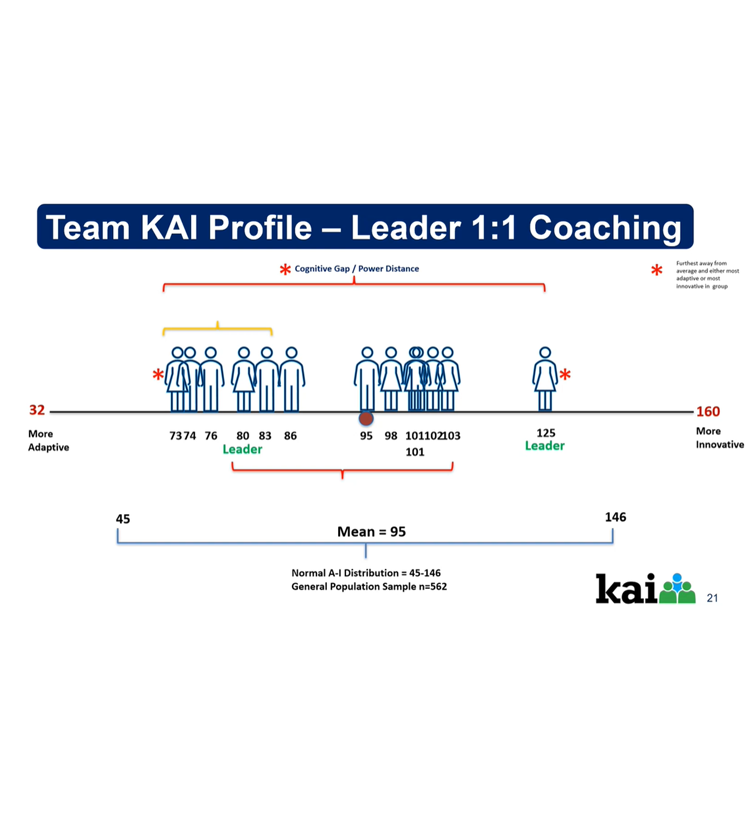The Use of KAI in Healthcare Team Effectiveness Post-Pandemic
Since the Covid-19 pandemic, there is an increasing nurse and physician labor shortage in the USA, and the wider talent market is extremely competitive. Healthcare employees throughout the country continue to experience high levels of stress, as their access to resources declines, and daily expectations of their workplace performance goes up.
In the aftermath of Covid-19, the largest healthcare system provider in the Washington D.C, Maryland and Northern Virginia region had recently restructured. However, the organisation was experiencing a perceived lack of ‘psychological safety’ amongst the employees, who felt undervalued and unable to clearly define their roles. Despite this, the senior leadership team recognized and appreciated the group’s enormous potential.
The healthcare organisation wanted to facilitate a new leader integration, and to carry out team chartering. There were still several new members and leaders in the group, and this therefore presented an opportunity to bring this team together and improve communication, role clarity and overall job satisfaction. A KAI consultant was asked to help with this process.


Administering the KAI and understanding the team’s morale
The consultant administered the KAI amongst all members of the group, so they could complete it and discover their results. Alongside this, a partnering instrument called the ‘Social and Emotional Intelligence Profile’ (SEIP) was used, which also provided great insight.
Not only did administering the KAI enable our practitioner to assess the cognitive landscape of the team, but it allowed them to carry out one-on-one conversations with each employee, and discuss the key challenges they faced. By gathering qualitative data through these conversations, our consultant observed that the employees were hopeful for a ‘fresh start’, despite the ongoing stress since Covid-19.
On the other hand, there was clearly a reasonable amount of coping and stretching taking place throughout the group, which made the need for role clarification extremely apparent.
The graphic below shows the KAI style of the team. For the most part, the employees were unsurprised by their results, and found it extremely useful to understand how their cognitive style might impact the way they think, solve problems, and relate to others.
Enabling team members to ‘feel comfortable in their own skin’
Administering the KAI (along with partnered use of the SEIP) was extremely helpful for enabling the organisation’s team members to ‘feel comfortable in their skin’. After ongoing discussions, role clarification and team sessions with the KAI consultant, some of the main outcomes for everyone involved included:
- The team felt heard
- Growing confidence due to being treated like leaders
- Everyone felt more trusted and respected
- They felt a sense of belonging
- Leaders better understood how to give team members ‘permission’ & a safe space to share
In addition, our KAI consultant worked directly with both leaders within the group, to explain the responsibility they had to create a ‘safe space’ of rules and structure for the others, and thereby enable all people to flourish. This was particularly important for one of the leaders, whose result was 125 on the KAI, and who was therefore an ‘outlier’ in comparison to the rest of the group’s cognitive style.
The healthcare organisation was delighted with the support of our KAI consultant. It resulted in far greater self-understanding, role definition and effectiveness throughout the team.


Meet The Practitioner:
Fiona Peart MSc is Assistant Vice President of Organizational Development & Change Management at MedStar Health, a leading medical organisation based in the USA. She has been a qualified KAI practitioner for several years, and has utilised Kirton’s Adaption-Innovation theory several times to improve team performance in the workplace.